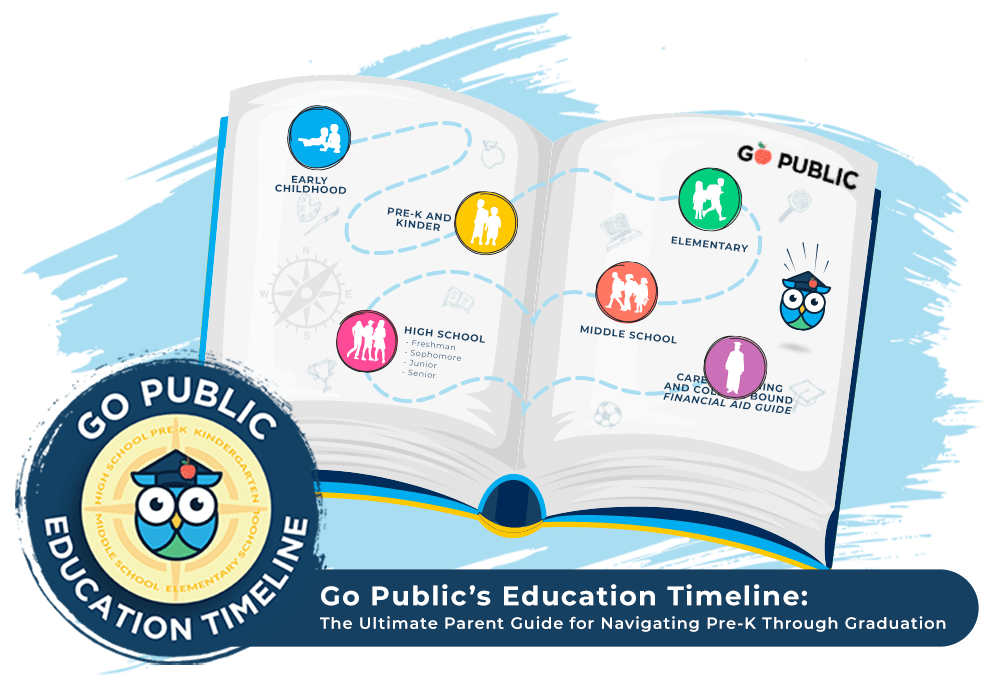
Find Texas Schools and Independent School Districts

Find Texas Schools and Independent School Districts

The American Academy of Pediatrics recognizes the importance of early brain and child development. The AAP Journal states that “research unequivocally demonstrates that human development is powerfully affected by contextual surroundings and experiences. A child’s day-to-day experiences affect the structural and functional development of his or her brain… Children begin to learn to regulate their emotions, solve problems, express their feelings, and organize their experiences at an early age and then use those skills when they arrive at school.”
Although children grow and develop at different rates, there are certain measurable developmental milestones to be aware of. PBS’s Whole Child resource lays out the four areas of development in detail:
The largest tuition-free preschool/ Pre-K program in America is Head Start, hosted by schools and organizations. The Office of Head Start grants government funding to Head Start agencies. The program provides physical, emotional, social, and nutritional support to low-income families with young children. Children in the Head Start program can receive benefits from birth to age 5.
Children in Early Childhood Education programs can be identified as special needs earlier than others, and these special needs students can begin to receive support and resources as soon as they are diagnosed.
Children who may have developmental delays or certain health conditions may take advantage of early intervention services. Free and low-cost Early Childhood Intervention services help prepare children for school before kindergarten. Texas Health and Human Services provide Early Childhood Intervention services for special needs children from birth to age three. Specialized providers collaborate to build a plan to best serve the individual child while they prepare the child for the transition to public school or preschool.
Caretakers of young children can take advantage of tools designed to help nurture development. KLRN San Antonio recommends using Bright by Text. The Bright by Text resource sends free text messages with practical tips and engaging activities to caretakers targeted to the child’s age, prenatally to age 8. Texts include information on development, language, early literacy, health and safety, and behavior.
PBS provides numerous resources for parents at PBS Parents. It offers screen-free activity suggestions, game ideas, and tips to care for the emotional wellbeing of children.
For parents of children with disabilities, the Preschool Program for Children with Disabilities is an excellent source for information on special needs for young children.
We Go Public’s Education Timeline is the ultimate parent guide for navigating Pre-K through graduation. The purpose is to help parents know what to expect at each grade level and provide guidance on all that is offered in a public education. A huge benefit of public schools are the resources that support a student. The Education Timeline serves as a compass for navigating those resources. Each phase will also have helpful information, guides, and checklists.
The Timeline was researched and compiled from multiple sources cited throughout each phase. Refer to the timeline graphic below for the featured grade level. Click on each icon to learn more about what to expect and how to prepare.
We Go Public content producer and parent of two public school students, Trina Pruitt, developed the Education Timeline to help herself and other parents learn what to expect at each phase of a child’s journey in school.

If you want to take advantage of this benefit or learn more about how a membership can help your organization please click the button below.